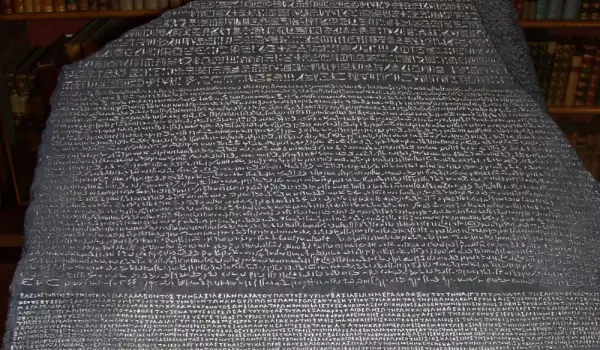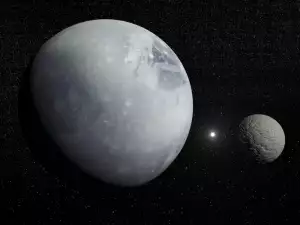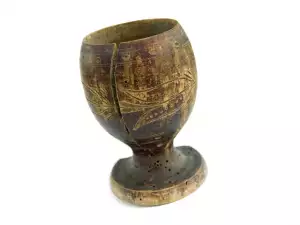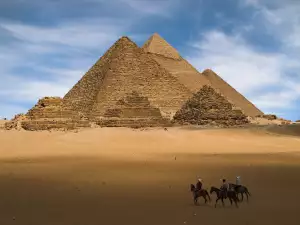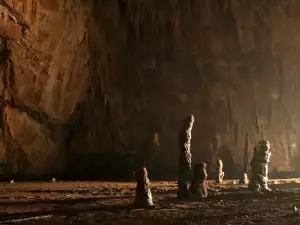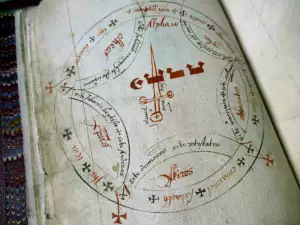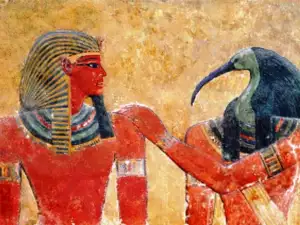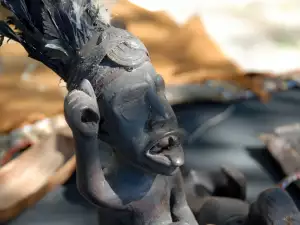The Rosetta Stone is a black granodiorite stone, with texts of 3 different languages written all over it - 2 in ancient Egyptian and 1 in ancient Greek. This monolithic document was created in 196 BC by King Ptolemy V, the ruler of Egypt at the time.
The Rosetta Stone was rediscovered in 1799 during archaeological digs of the ancient fortress Al-Rashid about 4.5 mi (7 km) from the city of Rosetta near the Nile. Its dimensions are 45 × 28.5 × 11 in and it weighs about 1680 lb.
Its significance to human history lies in the fact that thanks to this archaeological find, modern scientists have managed to decipher the ancient Egyptian language.
The text itself is a sort of thank-you letter by Ptolemy V, written to the priests of the town of Memphis (Egypt). The Ptolemaic dynasty was Greek, which was why most of the texts during their reign were written in several languages.
Having the same text written in 3 different tongues allowed for scientists to solve the centuries' old mystery surrounding ancient Egyptian hieroglyphs. The language of Hellas was well known to historians.
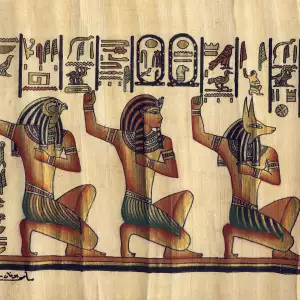
By comparing the 3 versions, the scientist Silvestre de Sacy, Swedish diplomat Dors Okerblad, English scientist Thomas Young and French scholar Jean-François managed to decipher the Egyptian writing system.
The main contributor was Jean-François, who discovered a method that was key to understanding the Egyptian texts. However, this happened after nearly 23 years of hard work.
The valuable archaeological discovery was found by French captain Pierre-François Bouchard during Napoleon Bonaparte's conquest into Egypt.
After the defeat of the French army in Africa, the antique fell into English hands. Since 1802, the Rosetta Stone has been kept in the British Museum. It is the most visited object in the museum.
In July 2003, to mark the 250th anniversary of the building of the British Museum, Egyptian authorities asked for the return of the Rosetta Stone to its homeland.
Zahi Hawass, former Minister of State for Antiquities Affairs urged: "If the English want to maintain their reputation as a democratic and civilized nation, they must return the Rosetta Stone to Egypt because it is the icon of our Egyptian identity."
In response, the British Museum sent a replica of the antique 2 years later. However, the ambitions of Egyptian authorities for the stone to be returned to their country continue today.
